In 1996, the film Braveheart won a number of Oscars and
other prestigious awards. The romantic biography is set in
the 13th century and depicts the life of Scottish commoner
William Wallace, however the plot is not entirely
accurate. Several key players in the film assert different
leadership styles that create conflict. In a power torn
Scotland, Wallace unites and inspires the Scottish
commoners to fight for freedom from England.
Directed by Mel Gibson. Released May 24, 1995. Icon
Entertainment International. Paramount Pictures.
William Wallace – the inspiring leader
- Unites commoners of Scotland under one goal – Freedom
- Courageously leads by example
- Inspires others to become leaders
“There’s a difference between us. You think the people of this country exist to provide you with position. I think your position exists to provide those people with freedom. And I go to make sure that they have it.”
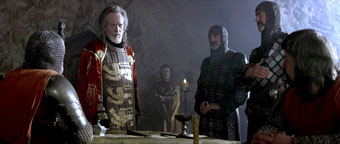 King of England Longshanks –
the ruthless leader
King of England Longshanks –
the ruthless leader
- Asserts his power with violence and indifference to others
- Believes his way of ruling is the only way
- Takes matters into his own hands, rather than let others assist
“Who is this person who speaks to me as though I needed his advice?”
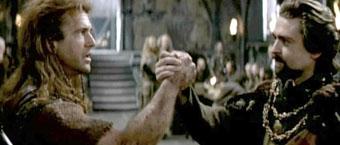 Robert the Bruce and Father –
the detached leader
Robert the Bruce and Father –
the detached leader
- Focused on achieving personal goals, rather than greater good
- Cowardly seeks to “compromise” for selfish purposes
- Concerned more with “politics” than the people
“I have nothing. Men fight for me because if they do not, I throw them off my land and I starve their wives and children. Those men who bled the ground red at Falkirk fought for William Wallace. He fights for something that I never had.”
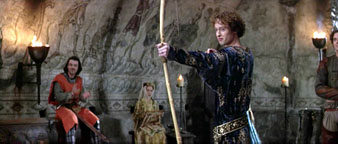 Prince Edward – the unwilling leader
Prince Edward – the unwilling leader
- Not wise when it comes to ruling England
- Cowardice against Scotland and his father
- Unrealistic view of leading a nation
Longshanks to Prince Edward: “One day you will be a king. At least try to act like one. “

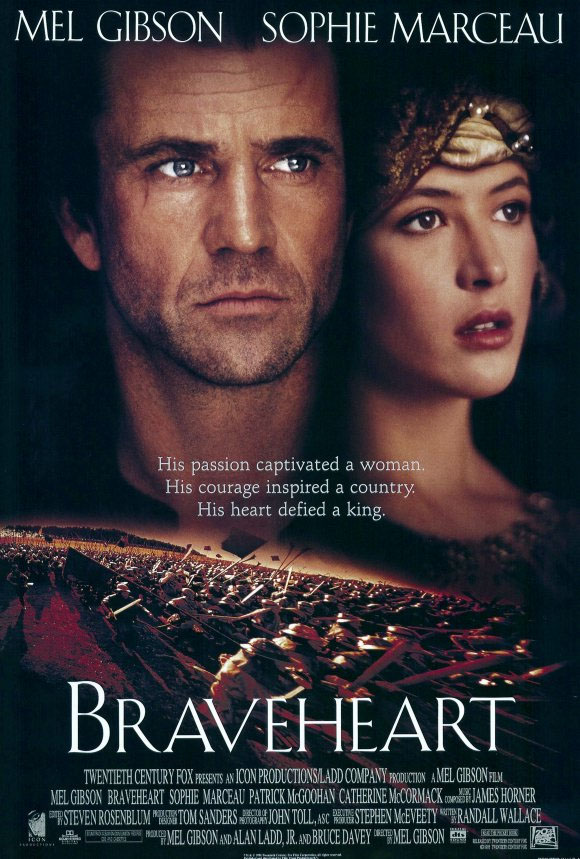
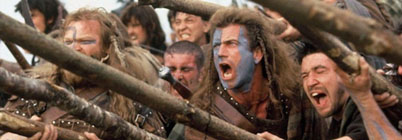
Evgeny,
First I want to say thank you to you and your group for choosing one of the most awesomely awesome movies ever made. It’s ripe with leadership qualities that I think hit every type of leader.
My favorite leadership part in the movie is how William Wallace inspires others to lead themselves. Wallace begins the revolution and is the heart and soul of it. But if he couldn’t inspire others to follow him, he’s not much of a leader. He inspires the other soldiers to take a stand. But Wallace’s biggest accomplishment from a leadership standpoint is when he convinced Robert the Bruce to join his side (eventually).
Wallace is a true leader because he inspires others to lead after Wallace died. Yes, the scot’s fought in Wallace’s memory, but if Robert the Bruce didn’t lead them, it could have fizzled from there.
Did I mention I love this movie?